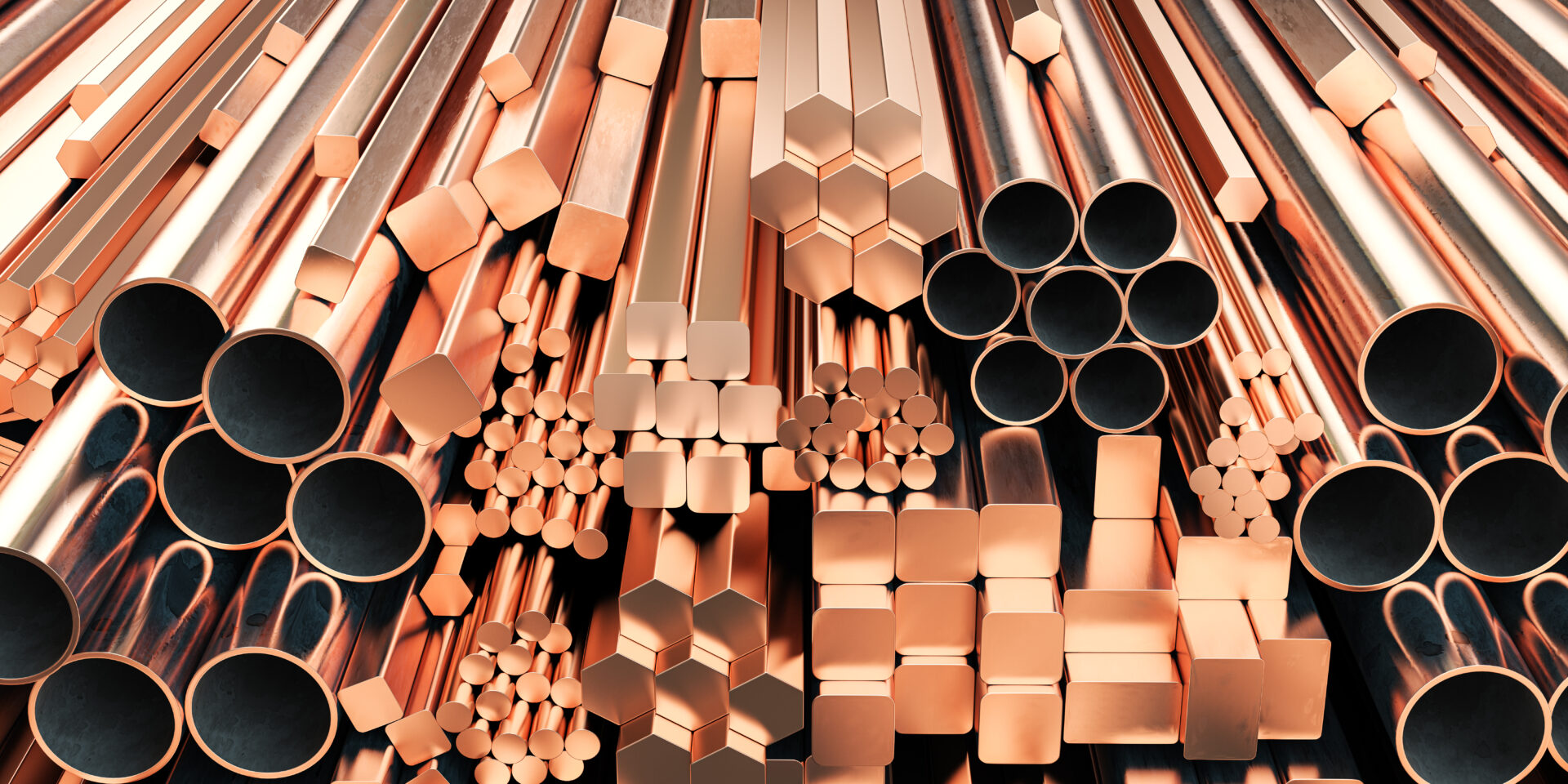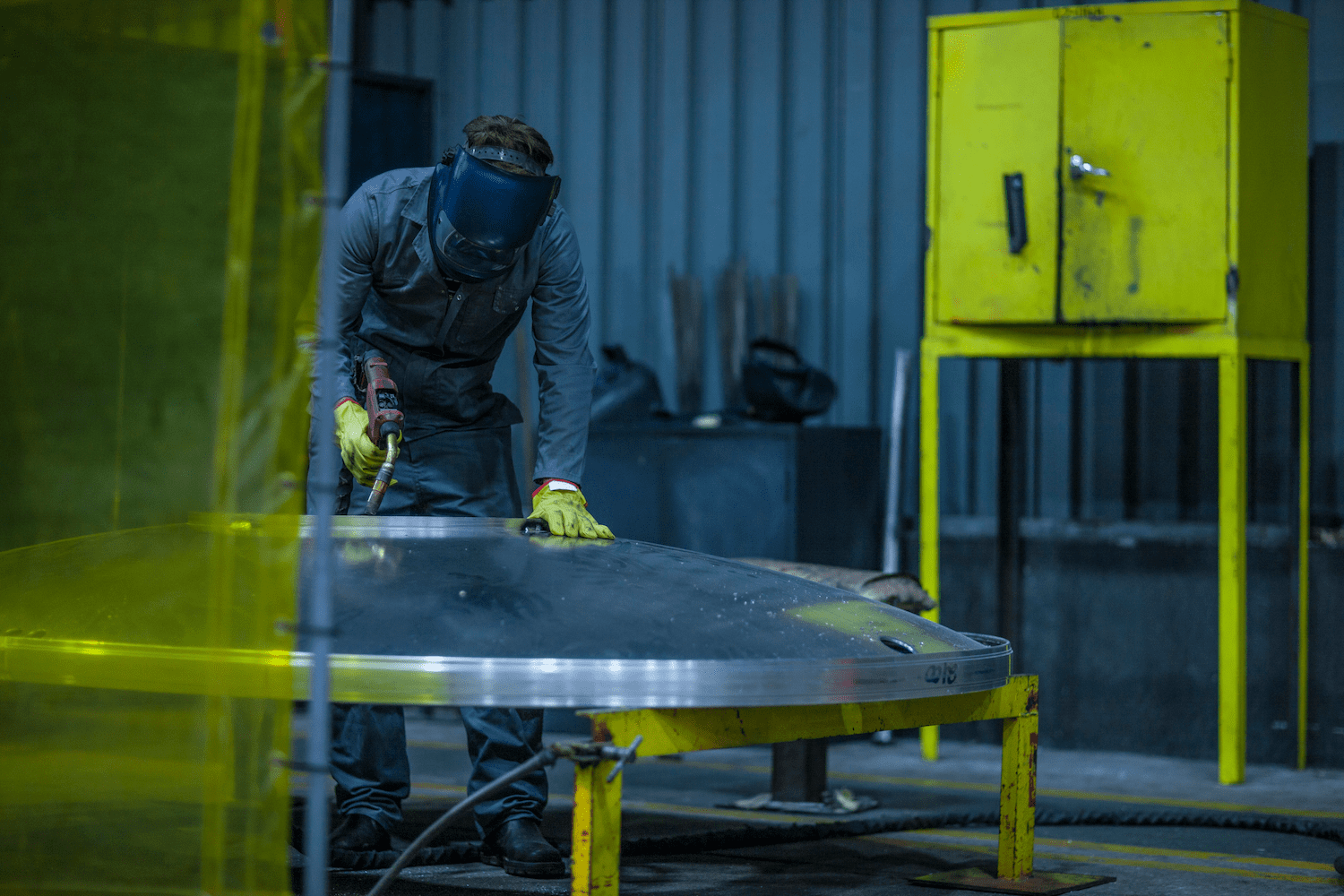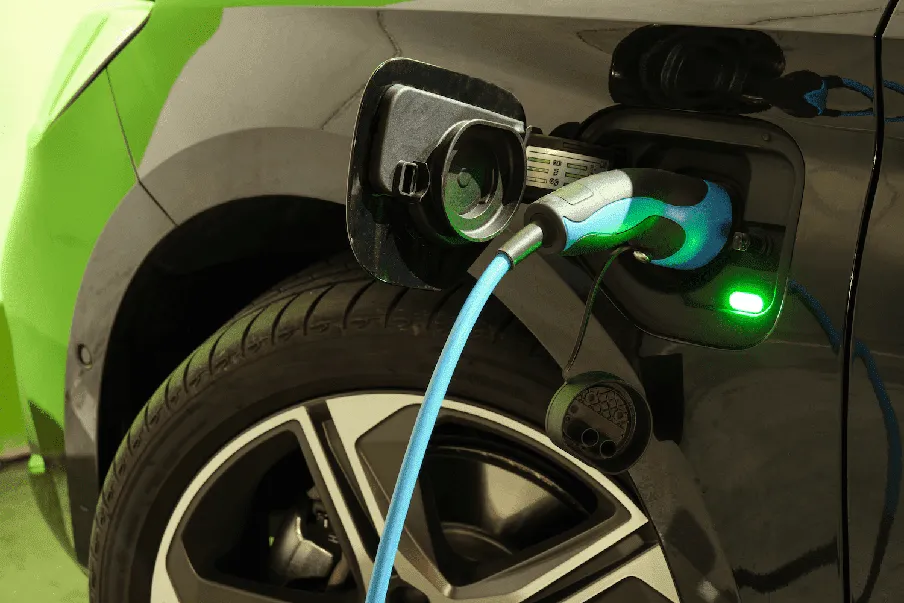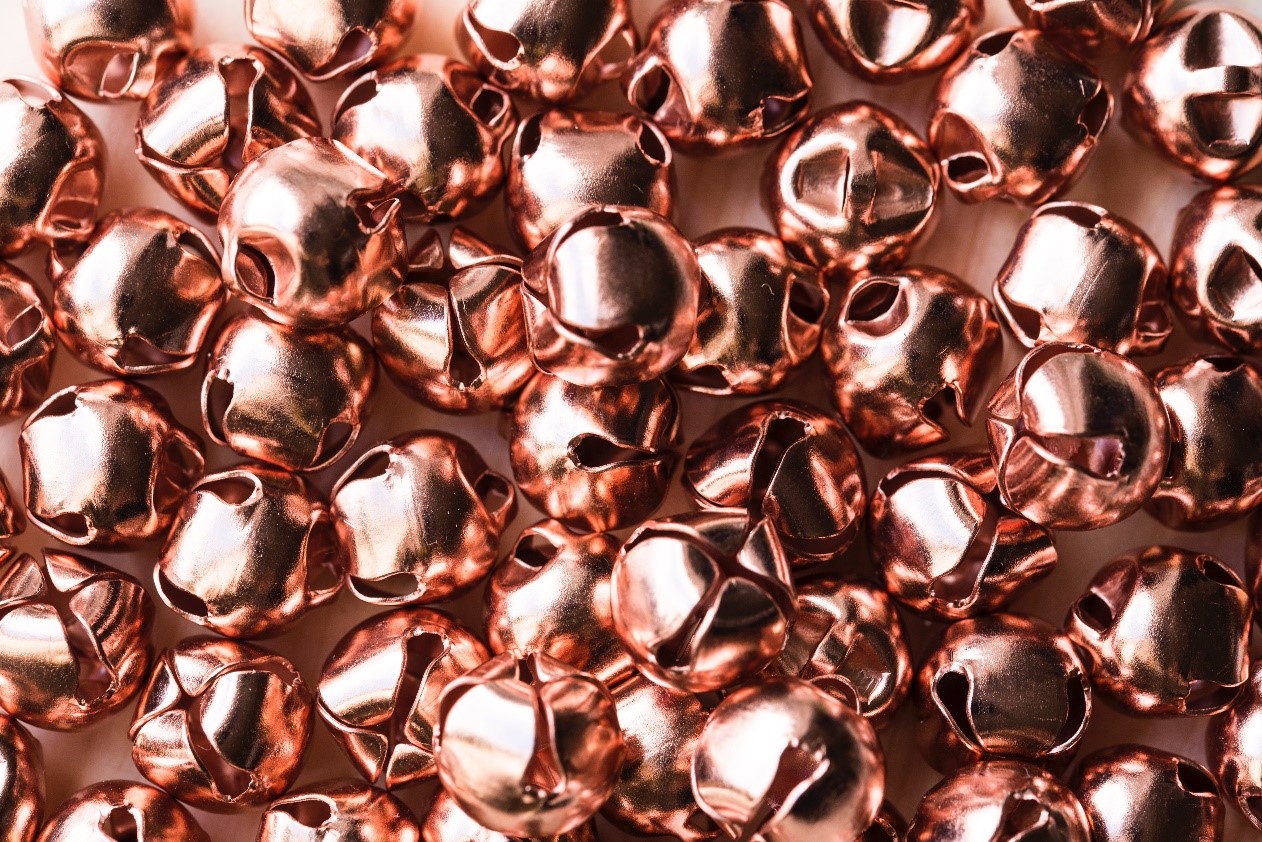
Anyone who’s new to bringing scrap metal to a recycling firm may have noticed that recyclers don’t always post scrap prices online. There’s a good reason for that. It’s often difficult for them to determine the price, since metal prices fluctuate every day.
That means it’s very difficult for recycling firms to post an accurate price, which is why the prices don’t get listed on our website. Quite simply, those prices can change at any time, sometimes within minutes.
Scrap Metal Prices Vary
It’s entirely possible that a scrapper could call ahead to learn the price over the phone, only to find that price has changed by the time they get there.
So why do prices change like that? In general, there are multiple reasons why scrap prices fluctuate. For example, prices may change rapidly due to the demand for scrap. Additionally, prices are affected by the rate of production in fields like construction, technology, or electrics manufacturing. The changes can also be seasonal in nature, related to where supply and demand are.
This is particularly true for copper. It’s known that copper prices change every day. And there are numerous factors involved in determining how often the prices change.
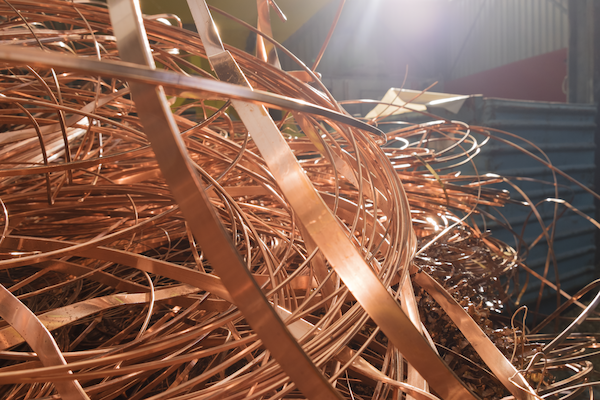
Why Do Scrap Copper Prices Change So Often?
Among the least abundant metals, copper is a valuable resource, and scrap copper prices have tended to stay high. That’s because copper can be easily recycled over and over again, with no loss in quality.
Today, about three-fourths of all copper-based products get made using recycled copper. Over the past few decades, the production and consumption of copper around the world have increased dramatically. With large developing countries playing a role in the heightened demand for mineral commodities.
Copper helps provide the critical materials needed for major construction projects, which has made copper one of the most widely recycled metals. Estimates are that a third of all copper consumed worldwide is recycled.
Economic and Political Changes Play A Role in Scrap Copper Prices
Market conditions determine price fluctuations. On March 22, 2018 copper prices fell to a three-month low because of concerns about plans by the United States to impose duties on Chinese imports. As well as the possibility of a trade war between two of the world’s largest economies.
Benchmark copper on the London Metal Exchange was down 1.7 percent as concerns about tariffs heightened. Meanwhile, in 2021, copper prices rose by nearly 80%.
Economic conditions play a major role in how prices change. It’s not uncommon for scrap prices to change on a daily basis, including several times a day. Recycling firms must constantly check market prices to know the right price to pay at the door.
Scrap prices changing weekly is even more common, often by a few cents per pound or dollars per ton.
Copper prices are known to change every day, impacted by copper supply and demand, and copper scrap is a key component of market dynamics and price. Industrial metal prices have been on a two-year rally, but the picture has been murkier in 2018 due to the announcement by the U.S. government of tariffs being imposed on imports of steel and aluminum. Global demand for copper is currently dominated by China, and a major spike in demand from China has sent prices for copper and other commodities soaring in recent years.
And while scrap copper prices have been increasing, forecasts for future copper prices are cloudy due to the uncertainties created by U.S. economic policy.
What Are the Benefits of Recycling Scrap Copper?
It’s still important to bring your scrap copper to recycling firms like GLE Scrap Metal. In doing so, there are major contributions that you’re making to our environment, including the fact that recycling copper can:
- Reduce the energy input and amount of emissions compared to when metal gets extracted from its ore.
- Help preserve our natural resources.
- Promote energy conservation, since far more energy is required to extract copper from copper ore, while copper recycling only uses 10 percent of the same amount of energy.
Copper ore is a very limited resource, which is why recycling copper is so important. When copper is brought to a recycler like GLE Scrap Metal, scrap copper can eventually get inspected and graded, then melted, refined, and purified. It can then be reused for the manufacturing of new products.
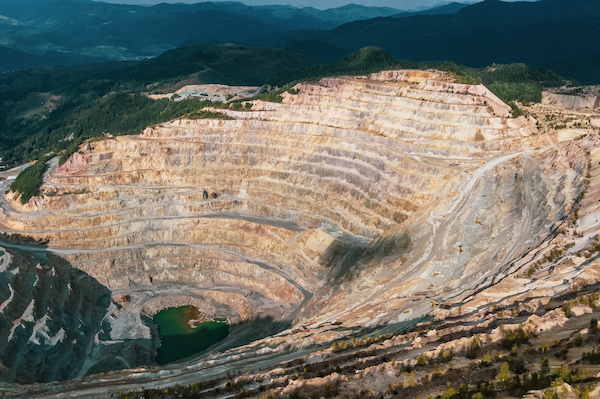
The alloying properties in copper, combined with other metals like zinc or tin, are increasingly used for specialized applications. A good example is on the hulls of ships, because copper helps prevent them from corroding due to exposure to seawater. Copper is also a major product in automobiles, in connectors built into cars and trucks. More recently, semiconductor manufacturers have used copper for circuitry in silicon chips.
Recycled copper is also frequently used in:
- building construction
- generating power
- the production of industrial machinery
- wiring and plumbing for appliances
- wiring in heating and cooling systems
- telecommunications links
Recycle Your Copper with GLE Scrap
One of the oldest metals, copper dates back more than 10,000 years, and was one of the first metals extracted and used by humans. In ancient times, copper was used in coins dating back to 8000 BC.
Copper alloys have been used for everything from decorative items to church bells and the construction of buildings, particularly in plumbing, wiring, and roofing.
There will always be a need for copper, which is why it’s important to bring all scrap copper to a recycler like GLE Scrap Metal. Just keep in mind that it can be a challenge for recyclers to post prices for copper and other scrap metal, simply because those numbers change – weekly, often daily, and even hourly.
GLE Scrap Metal is a full-service, all-in-one recycling company with operations throughout the U.S. GLE recycles millions and millions of pounds of scrap metal each year and employs an experienced logistics team that handles its expansive fleet of trucks as well as equipment for jobs of any size, at any facility.
The dedicated GLE team provides safe, environmentally friendly service. This family-owned and operated business strives to to utilize our natural resources and help conserve energy.
To learn more, call GLE Scrap Metal at 855-SCRAP-88.

